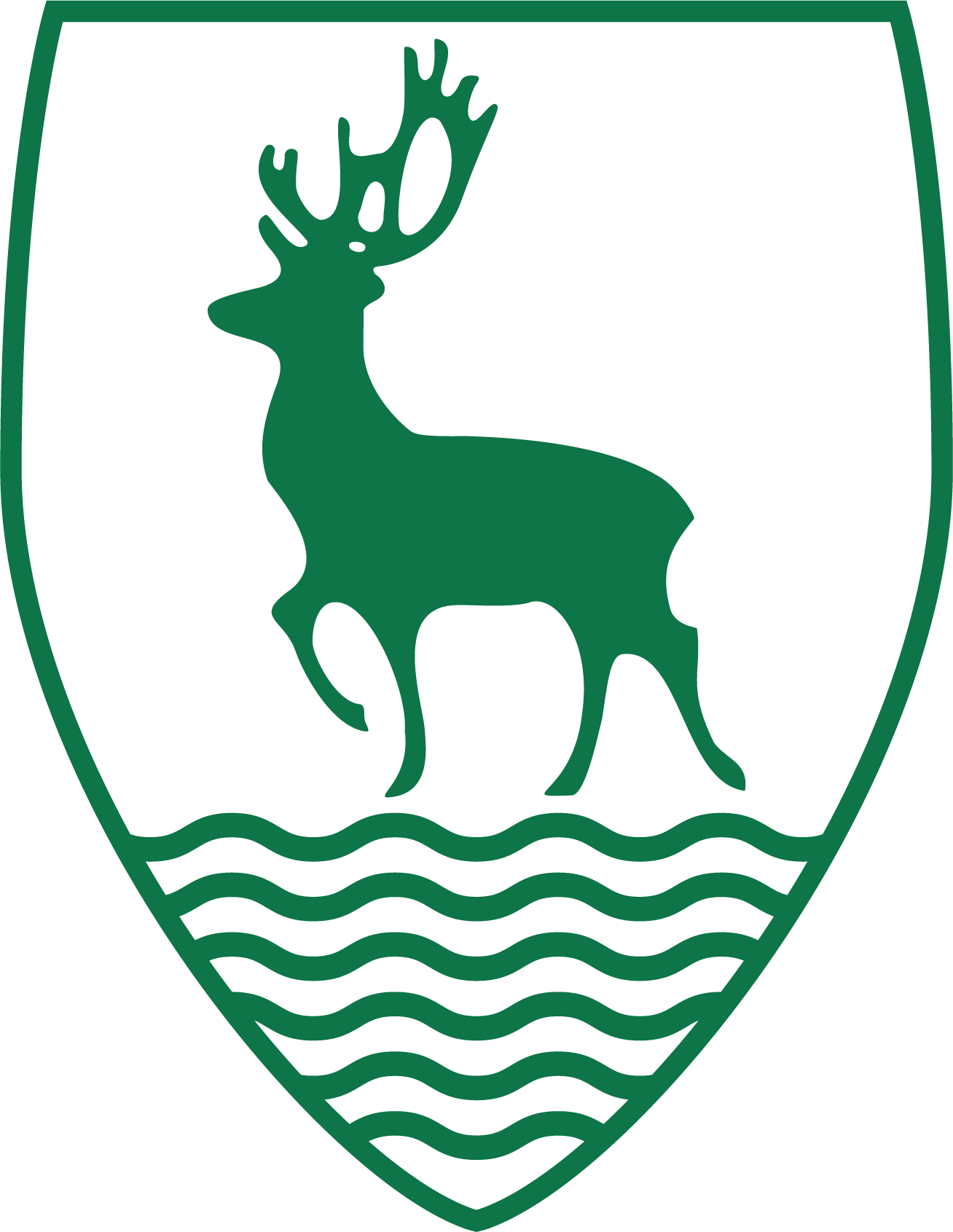
High quality assessment is an essential part of what teachers do in the classroom. From a simple question and answer session to check if students are ready to move on in their learning to a formal examination, teachers are constantly gathering information about their students. The information they gather has a number of uses:
- to help teachers plan
- to let teachers and students understand where they are in their learning and how to move on
- to monitor and track progress
- to trigger intervention
- to provide information for parents
We use Go4Schools to report this information to parents and students throughout the year, with live data constantly available, and written reports published at set times in the year.
For KS3 subjects progress data will be collected at two points in the year and (for most subjects) be based on a formal in-class assessment. It will be communicated to parents via Go4Schools
Please find below our assessment and reporting schedule. The dates on the reporting schedule are the deadlines for staff to submit information: there then follows a period of checking before publication. At the bottom of the document you will find a mini calendar of assessment events for each year group.. Assessment and Reporting Schedule
For most year groups parents can access assessment, homework, behaviour and reports information via their Go4Schools login. The accompanying video overview and help sheets should act as an introduction, but if you need further assistance please email us at admin@simonballe.herts.sch.uk and use ‘Go4Schools’ in the subject line. MobileAppQuickStartGuideParent Logging-on-to-Go4Schools-for-the-first-time Logging-on-to-Go4Schools-for-once-password-has-been-reset
Our intended curriculum is broad and ambitious. Through ongoing and formative assessment, we adapt the pace of the curriculum to ensure that it is sufficiently challenging and supportive for cohorts of students, identified groups of students and individuals. Our aim is for all children to access all elements of their learning and to interleave knowledge so that it is understood, remembered and applied in the longer term. We assess through: Put simply, assessment is there to ask how well the curriculum is being taught and learned. This process is integral to the teaching itself.
In each year of Key Stage 3 (years 7, 8 and 9) we use a simple grading scheme consisting of four grades: These grades apply to students in that year group: a student ‘mastering’ a subject in year 7 is achieving at a very high level of a year 7 student, and a student mastering a subject in year 8 is working at a very high level for a year 8 student. The year 7 student is not working at the same level as the year 8 student: an increasing level of difficulty is built into the work set by departments. With go4schools, the idea of the ‘current’ grade is very important. It is by comparing the current grade to the target grade that go4schools generates the colour coding and residual scores. From September 2022 the current grade for ks3 students will be updated twice during the year. The first time will be following the mid year assessment, and the second time will be following the end of year assessment. Whilst departments may collect other assessment data throughout the year, it is only the mid year or end of year assessments that will contribute to the current grade.
Students in year 9 will see grades reported using both grading systems. This is because some subjects will have begun teaching GCSE courses, whilst others are continuing with their KS3 curriculum. For subjects that are using GCSE grades (9-1), the targets that have been set are for the end of year 11.
Class teachers will use GCSE grades (9-1) to report on student attainment. Please refer to the assessment and reporting schedule for the dates of assessments.
Class teachers will use A level grades (A-E) to report on student attainment. Please refer to the assessment and reporting schedule for the dates of assessments.

